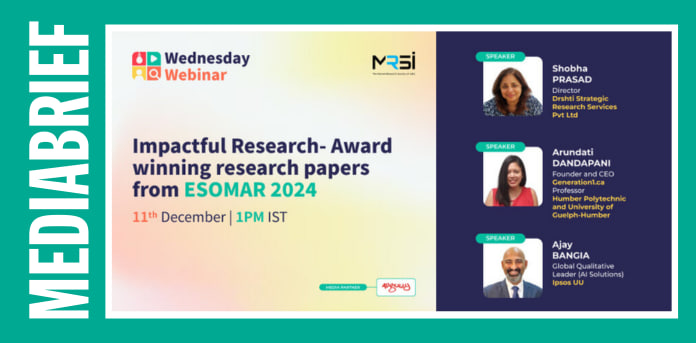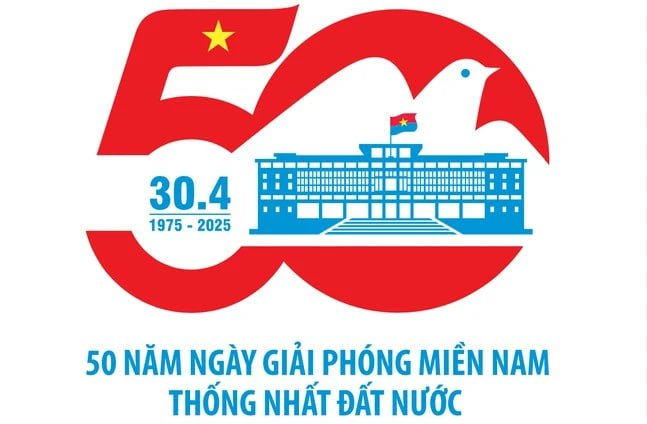Ajay Bangia, Global Qualitative Leader (AI Solutions), Ipsos UU presented a paper titled “Empathy or Emptiness”. This research won both ESOMAR Best Qualitative Paper – Peter Cooper Award 2024 and ESOMAR Congress Best Paper Award 2024.
Ajay stated, “In recent years, generative AI has sparked intense debate across various industries, including qualitative research. While some view AI as a tool to streamline mundanetasks, others worry about its potential to diminish the depth and nuance of qualitative research. So we asked ourselves, what is the role of AI in qualitative research? Is it limited to repetitive tasks? Are human researchers reduced to mere data processors? And what role does the research environment play?
“We even pondered the possibility of an AI bot leading a focus group in the metaverse with synthetic respondents, a scenario that seemed more like science fiction than reality. To address these questions, we conducted three self-funded studies designed to explore whether AI fosters empathy or, conversely, leaves us feeling disconnected,” Bangia said.
He added, “In the first study, conducted in the US, we replaced human moderators with an AI bot powered by Generative AI. Our second study explored the potential of virtual environments for qualitative research. In our third study, we explored the use of synthetic respondents, created using machine learning techniques.
“Through our three studies, we sought to temper excessive enthusiasm for AI and VR in qualitative research. While these technologies hold immense potential, it’s crucial to understand their limitations and use them judiciously. While enthusiasm for AI and VR continues to grow, we must maintain a balanced perspective.
“We should celebrate their potential but also approach their application with maturity. In this context, we believe that a hybrid approach, combining human and AI insights, is the most promising way forward,” Bangia added.
The session concluded with ESOMAR’s Best Paper of the year 2024, titled, “Voicing the News Global Immigrant Realities” authored by Arundati Dandapani, Founder and CEO, Generation1.ca, and Professor at Humber Polytechnic and University of Guelph-Humber. She highlights the growing importance of immigrant populations in North America, particularly in the US and Canada.
They emphasize the diversity of immigrants, their significant contributions to the economy and society, and the need for better understanding and inclusion. Further she discussed the challenges faced by immigrants, such as discrimination, language barriers, and cultural differences. They stress the importance of addressing these challenges to fully harness the potential of immigrant communities.
Arundati proposes strategies to improve the integration of immigrants into mainstream society. These include pre-arrival orientation programs, language training, and cultural awareness initiatives. They also advocate for policies that promote diversity and inclusion in the workplace and education system. By implementing these measures, governments, businesses, and communities can create a more welcoming environment for immigrants and maximize their contributions to the country’s economic and social development.
The webinar provided a platform to discuss the innovative methodologies, insightful findings and practical implications of the award-winning research papers.


